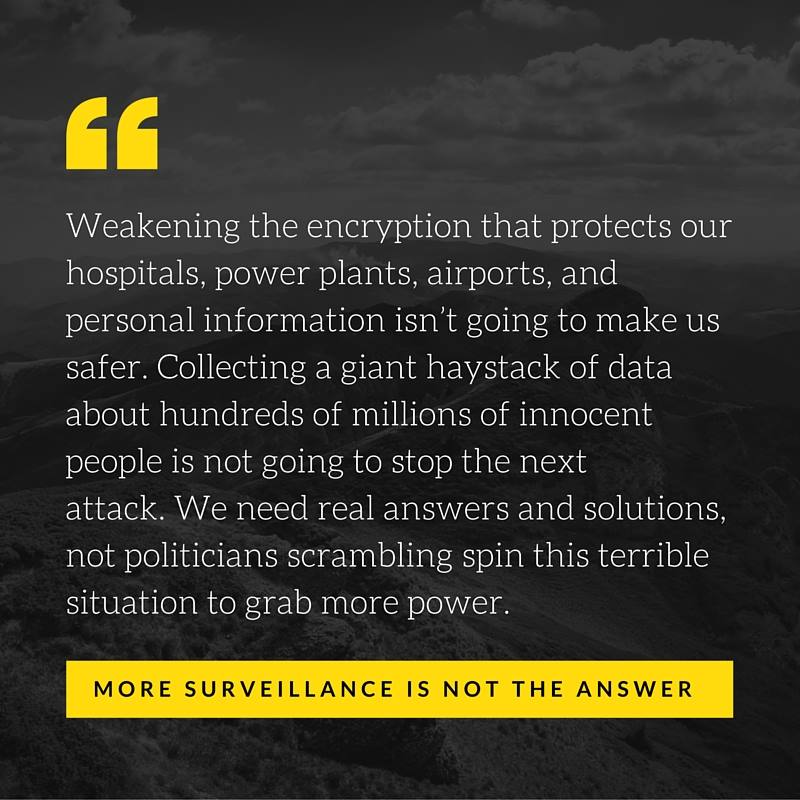Mass surveillance is getting more and more widespread, intrusive and extensive.
If we look at the bigger picture — the resemblance with totalitarian societies is getting rather obvious.
So, when will enough be enough? When will all of this become dangerous for real? Or is it already?
The entire notion of mass surveillance is dangerously close to the fascist concept: The all-embracing state controlling the lives of the people — in which citizens are not regarded as individuals, but are subordinate to the state.
A central problem is that the public is not allowed to know how mass surveillance is being used. Is it “only” a rather ineffective way to protect the people from real or imaginary dangers? Or is it being used to “collect it all” for the purpose of strengthening the government’s control and power over us? It seems politicians are not really that interested in telling us, are they?
Regardless, mass surveillance is a tool in the hands of the ruling political and bureaucratic class. And we know nothing about who those people will be tomorrow. Can we be sure that they will be somewhat democratic and fair people — forever? If not, we will have a very real problem on our hands.
But even with friendly, honest and democratic people in power — you can only have so much surveillance before it becomes dangerous, intolerable and unacceptable. Even with the best of intentions.
There is a tipping point somewhere between no surveillance and total surveillance. It might be in the future. Or we might already have passed it.
That is where the public debate on mass surveillance should be. But it’s not.
/ HAX
